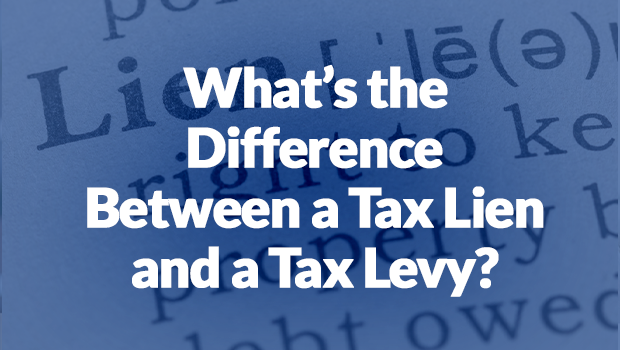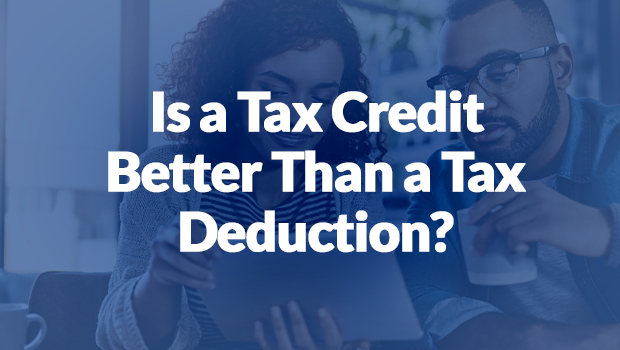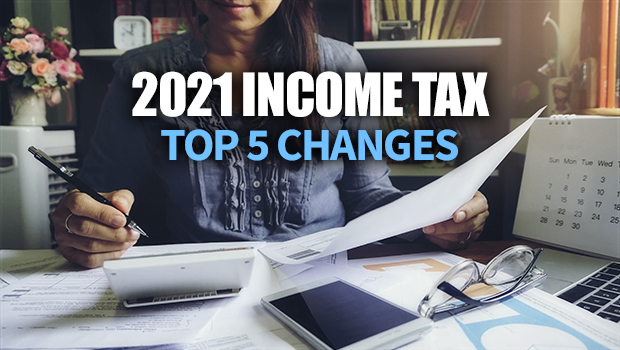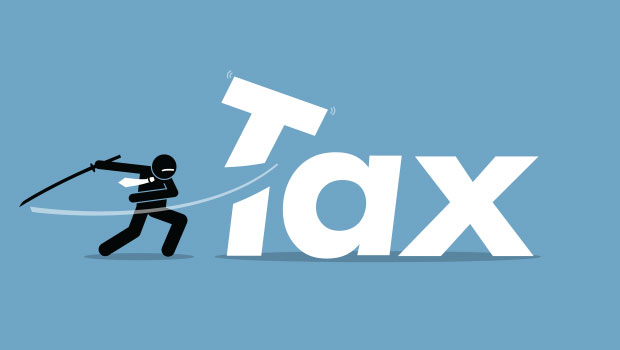If a taxpayer has unpaid taxes and doesn’t make arrangements with the IRS to pay that tax balance off over time, then the IRS will initiate the tax collection process. It will begin with letters and notices, asking the taxpayer to pay their tax bill. But, pretty soon, the IRS will send a written warning to the taxpayer that a lien or levy is imminent.
If the IRS files a tax lien against you or levies your property, what does that mean exactly, and should you care which method the IRS uses?
What is an IRS Tax Lien?
When the IRS files a Notice of Federal Tax Lien against you, the IRS is telling the general public that you owe back taxes. This makes it practically impossible to sell or transfer your property unless you first remove the tax lien. This is because no one wants to buy property from you, knowing the IRS may have the legal right to step in and take it from them to pay off your tax debt.
When it comes to your credit history, the tax lien no longer has the negative effect it used to have. Now, IRS tax liens do not show up on your credit report or have an impact on your credit score. That being said, a tax lien can still hurt your credit in that it makes it more difficult (and/or more expensive) to get a loan.
If you’re trying to buy a new car or house by borrowing money, it will be extremely difficult to do so with a tax lien. Not only does a tax lien signal you’re struggling financially, but it also means the creditor likely can’t get a security interest in your property to secure the loan.
For instance, if you wanted a car loan, your lender would probably expect your car to serve as collateral for the loan in case you default. But if there’s a tax lien in place, the car will automatically have a tax lien on it after you buy it (IRS tax liens apply to current and future properties).
This means the car loan lender may not be able to repossess the car from you in case you default on the car loan. The practical consequence is that you either get denied the car loan, or you get it but with a larger down payment and/or a higher interest rate.
What is an IRS Tax Levy?
IRS tax levies can pose a bigger problem than a tax lien. Unlike a tax lien, which is basically a legal warning to others that your property could be used to pay a tax debt, a tax levy is the actual taking of property to satisfy a tax debt. For example, the IRS might levy your bank account and withdraw money from it without your consent, or they might levy your paycheck in the form of a wage garnishment.
Can the IRS File a Lien or Place a Levy on My Car or Home?
Yes, for liens, and almost never for levies. When the IRS files a lien against you, it attaches to not just a specific piece of property, but almost anything you own, including your home and your primary vehicle.
And although the IRS can, theoretically, levy your home or car, it’s very rare for the IRS to do so. There are several reasons for this. First, it’s not worth the trouble, as using a bank levy or paycheck levy (wage garnishment) is almost always a more effective and efficient way to collect back taxes.
Second, the IRS understands that taking away your car or home could hurt your ability to earn income, and they know you need income if you are to pay off a tax debt.
Third, taking your car or home is a bad look for the IRS. The IRS already has a less-than-positive reputation with most people (and members of Congress). A viral story about how they made you go homeless or got you fired because you could no longer get to work is just asking for unnecessary scrutiny and political pressure.
Bottom Line
The IRS trying to collect taxes from you is bad news, regardless of whether the IRS decides to use a lien or levy. However, when it comes to your financial health and daily living, a levy is more likely to cause problems for you in the short term.
Kienitz Tax Law is here to help you with your tax issues. Schedule your FREE consultation today!










